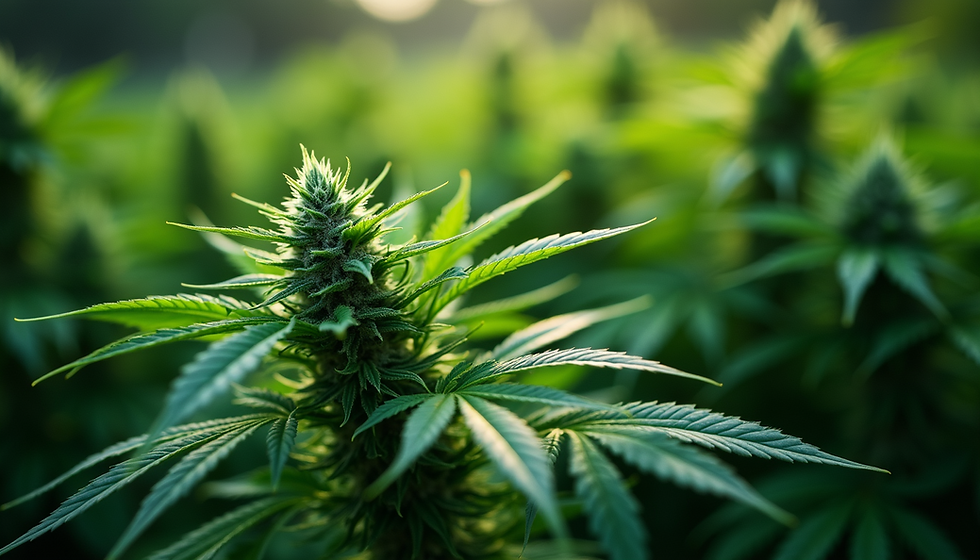Famous Figures in History and Their Link to Cannabis
- kroncannabistn
- Sep 23, 2024
- 3 min read
Cannabis has played a significant role in the lives and works of many influential figures throughout history. From writers and musicians to scientists and political leaders, the use of cannabis has been intertwined with creative processes, scientific inquiry, and even political strategies. This blog post explores the historical accounts of famous figures who reportedly used cannabis, shedding light on how it influenced their contributions to culture and society.
Literary Legends and Cannabis
William Shakespeare: The Bard of Avon is one of history's most revered playwrights and poets, and recent forensic analyses suggest that he may have been familiar with cannabis. Residue from early 17th-century clay pipes excavated from his garden in Stratford-upon-Avon tested positive for cannabis compounds. Scholars speculate that Shakespeare might have used cannabis as a source of inspiration, evident in the vivid imagery and creative wordplay that marks his work.

Victor Hugo: The French literary giant and author of classics like Les Misérables and The Hunchback of Notre-Dame was part of the Club des Hashischins, a Parisian group dedicated to exploring the effects of hashish, a potent form of cannabis. The club, which also included other literary figures like Alexandre Dumas and Charles Baudelaire, delved into the mind-altering experiences of hashish as a gateway to greater artistic expression.
Scientists and Innovators
Carl Sagan: The renowned astrophysicist and cosmologist was a vocal advocate for the thoughtful use of cannabis. Under the pseudonym "Mr. X," Sagan wrote about his experiences with cannabis, describing how it enhanced his intellectual curiosity, sensory perception, and empathetic understanding. Sagan believed that cannabis stimulated his work in astronomy and science communication, contributing to his profound insights into the universe.
George Washington: America’s first president cultivated hemp at his estate, Mount Vernon. While primarily grown for its industrial applications like rope and fabric, there is evidence suggesting Washington might have also been interested in the medicinal properties of cannabis. His agricultural notebooks mention the separation of male and female hemp plants, which hints at an awareness of enhanced potency, potentially for personal use to treat his chronic toothaches.
Musicians and Cultural Icons
Bob Marley: The legendary Jamaican musician and Rastafarian is perhaps one of the most iconic figures associated with cannabis. Marley viewed cannabis as a sacred herb that facilitated spiritual growth and enlightenment. His music, imbued with calls for peace and resistance against oppression, was deeply influenced by his Rastafarian beliefs and his use of cannabis as a means to access higher states of consciousness.
Louis Armstrong: The influential jazz musician saw cannabis as an integral part of his life and music. Armstrong referred to cannabis as "gage" and considered it superior to alcohol for its calming effects and absence of hangovers. He credited cannabis with enhancing his musical creativity and relieving the stress of his extensive touring schedule.
Conclusion
The historical use of cannabis by such a diverse group of renowned figures highlights its widespread appeal and the various ways it has been utilized to enhance creativity, cope with stress, and expand consciousness. These accounts provide a fascinating glimpse into the personal lives of these individuals and suggest that cannabis may have played a role in shaping some of the most significant cultural, scientific, and literary contributions in history.
Disclaimer: This blog post is for informational purposes only and does not promote the use of illegal substances. It aims to provide historical context and explore how cannabis influenced various famous figures across different eras.







Comments